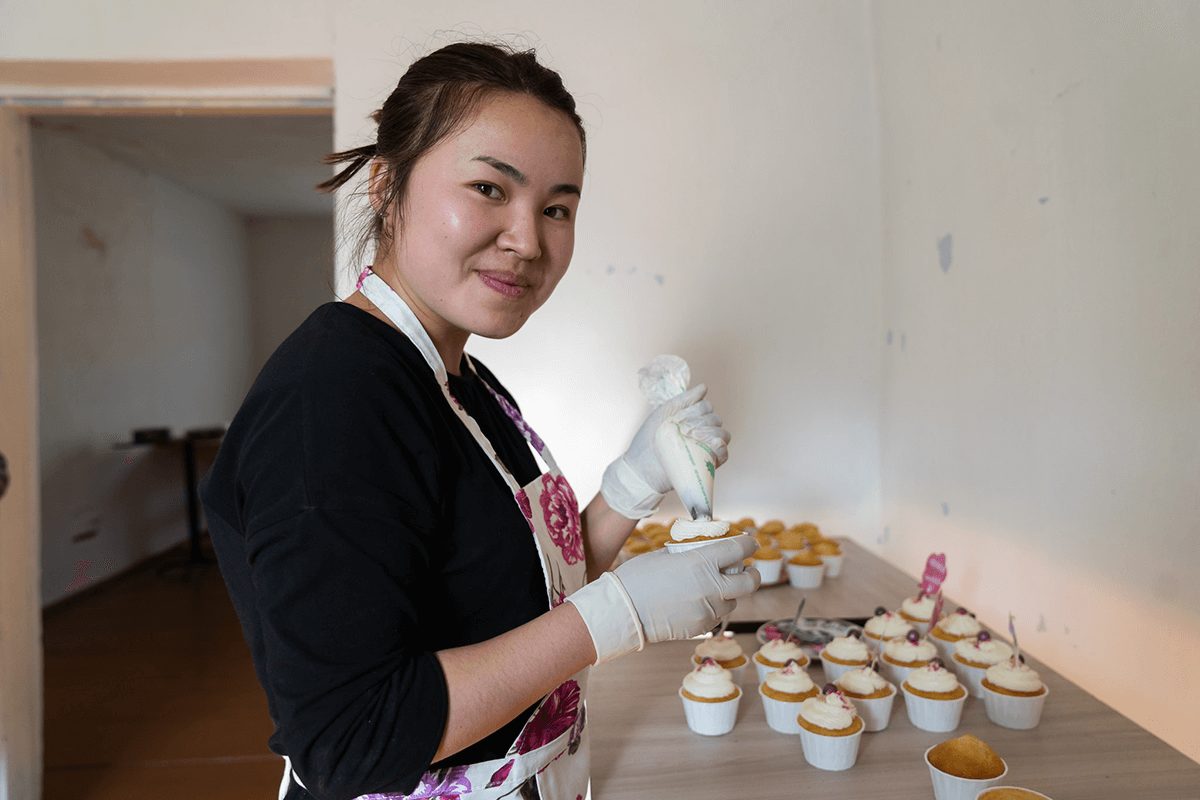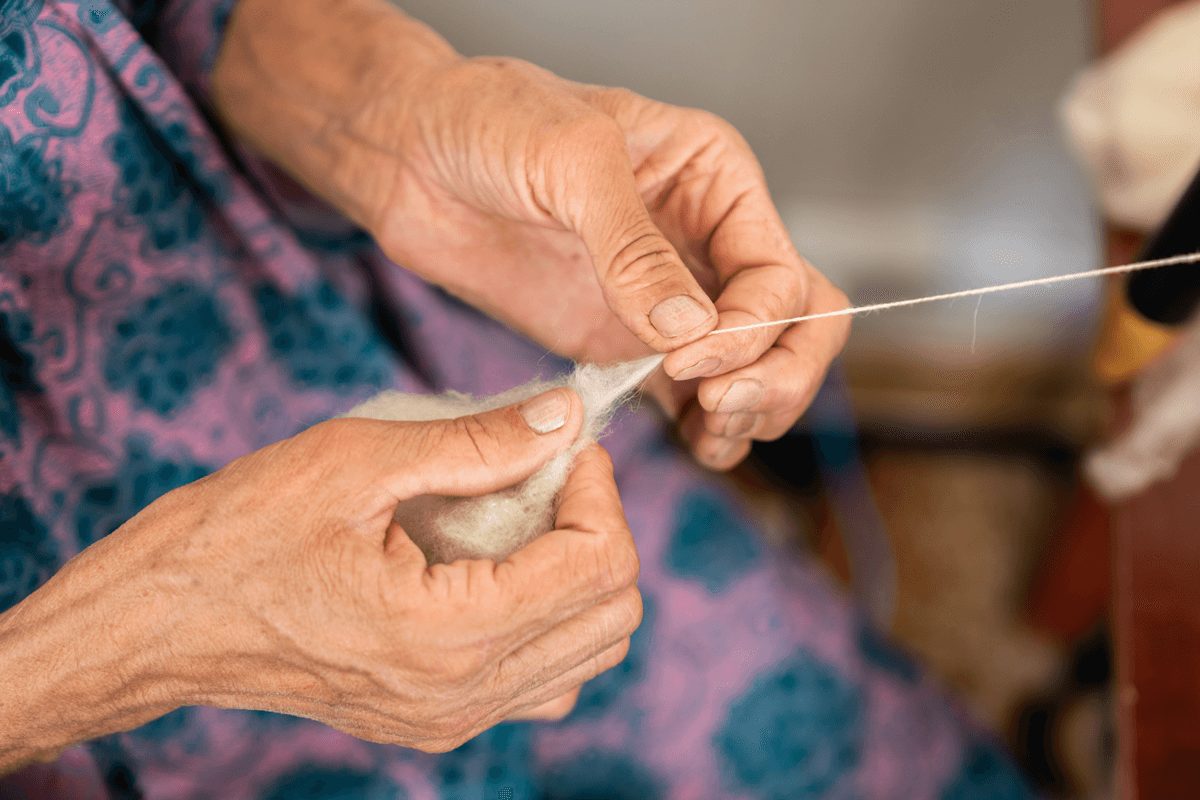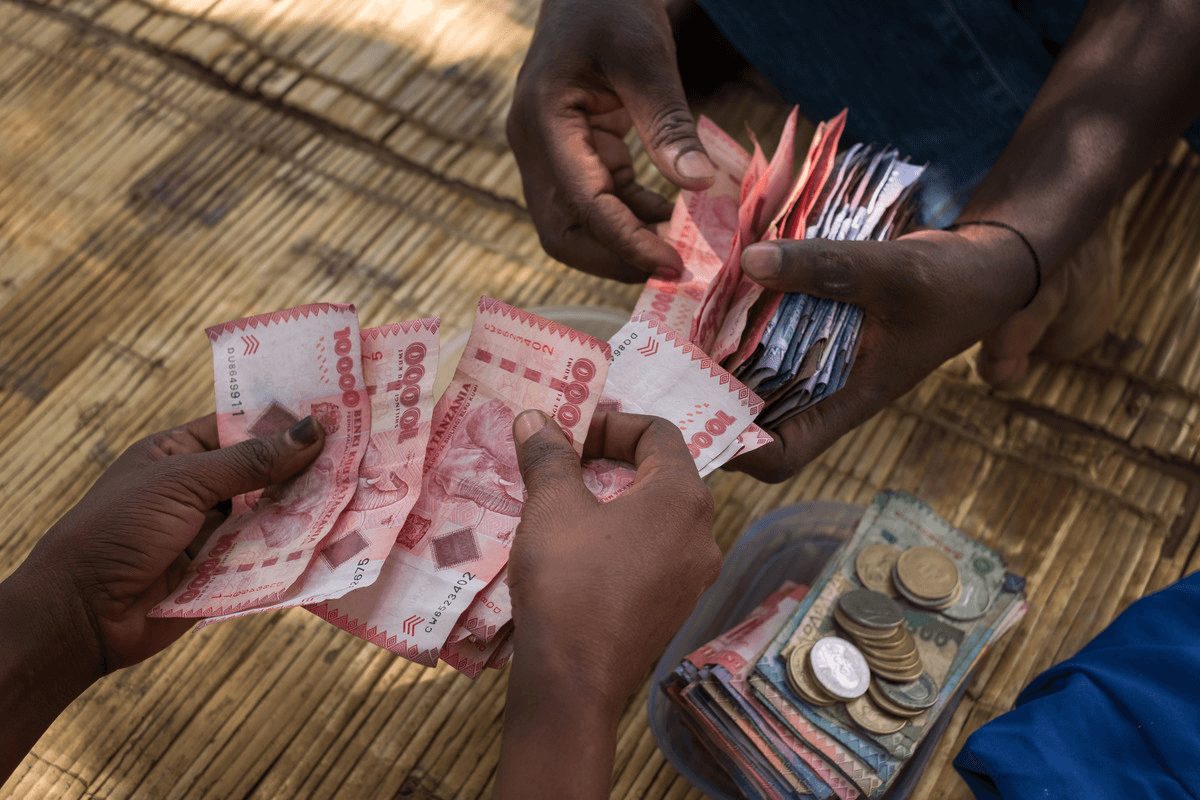“Our village is going to be as beautiful as it used to be”: Restoring climate affected land – and pride – in northern Afghanistan
For Kashif*, a local resident in northern Afghanistan’s Badakhshan province,…
The issue of economic exclusion is a stark one: The number of unemployed youth globally is estimated at 71 million, with many regions recording a youth unemployment rate twice as high as adults and leading to many 15 to 24-year olds to fall into the category of “working poor”.
Over 40 percent of women remain outside of the formal financial system. Economic inclusion therefore targets support for and the creation of small- and medium-sized enterprises (SMEs), as well as the promotion of entrepreneurship and training in the skills that employers need. It also includes efforts, such as savings groups, that bring women into the financial system. And because SMEs generate 50 percent of employment worldwide, the Aga Khan Foundation also helps build the conditions for SMEs to thrive, including the provision of electricity, market system development and other necessary infrastructure.
His Highness the Aga Khan







Through training, skills workshops and connecting people to businesses

For producers and businesses to enhance self-reliance

To enable more efficient working practices, freeing up time and energy

That are affordable and useful and enable economic growth
A new global initiative that is a result of a partnership between AKF and the Aga Khan Fund for Economic Development (AKFED), Accelerate Prosperity provides technical expertise, creative financing solutions and market connections for small and growing businesses, and in so doing creates sustainable employment, and strengthens communities.
For Kashif*, a local resident in northern Afghanistan’s Badakhshan province,…
For two years, the people of Afghanistan have been grappling…
In Tanzania, the average age is just 17 years old.…
“The economic potential of the country should be considered as…
Whilst Eastern Africa was spared the brunt of COVID-19 cases…
Browsing social media one day, Mendayim Suyunbai Kyzy – a…